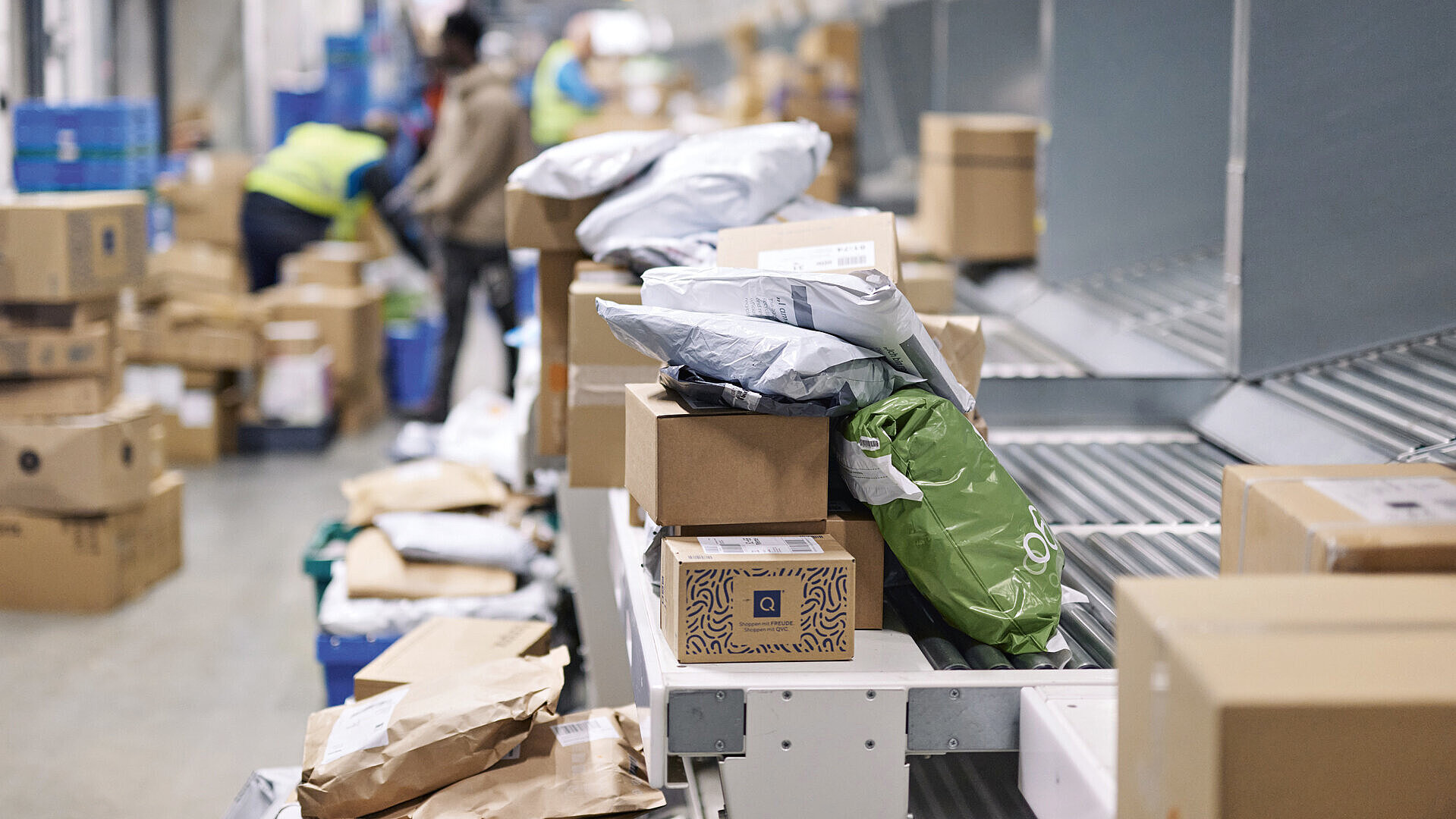
Parcel sector holds firm

After the extremely dynamic years of the pandemic and the war in Ukraine, the market for courier, express and parcel services (CEP) continues to develop steadily. Industry associations and company representatives agree on this. ‘The industry is shaped by the overall economic situation in Germany and the EU’s foreign trade relations,’ says Marten Bosselmann, Chairman of the Federal Association for Parcel and Express Logistics (BPEX).
At the end of 2024 in particular, the CEP market recorded a decline in B2B shipments due to the weak German economy and declining exports. Cost pressure is high: inflation, rising wages and high energy prices are causing problems for companies. ‘Despite positive volume developments last year, we had to adjust our prices significantly,’ says Dennis Kollmann, CEO of Hermes.
The outlook for the B2C sector is better – private consumption remains stable, real wages are rising and online retail is picking up again, says Bosselmann. E-commerce and thus the B2C segment have been of constant importance to the industry for several years. According to BPEX, over 70 per cent of national parcel shipments are B2C parcels. ‘After the declines in 2022 and 2023, we are now seeing stronger growth in this area again,’ says Bosselmann.
Industry responds to needs
Cross-border trade in particular offers great potential both within the EU and worldwide. ‘Potential that many retailers are not yet exploiting,’ reports Burak Kilic, Managing Director UPS Germany, Austria and Switzerland. The growing demand for flexible, sustainable and international shipping solutions is increasing. ‘We are seeing a particular increase in direct-to-consumer business models, where manufacturers seek direct contact with the end customer,’ adds Moritz Eichhöfer, CEO of GLS Germany.
Automation and digitalisation are increasingly becoming the focus. Artificial intelligence (AI) is finding its way into many areas of the CEP segment. Today, a panel of experts will discuss how AI can help optimise last-mile delivery processes, improve efficiency, reduce the workload of delivery staff and increase customer satisfaction. The focus will be on areas of application such as route planning, automation of sorting processes and predictive maintenance. (njo/fw/rok)
Artificial Intelligence in Last-Mile Delivery – Opportunities and Applications, Wednesday, 3 p.m. - 4 p.m., B1.232
